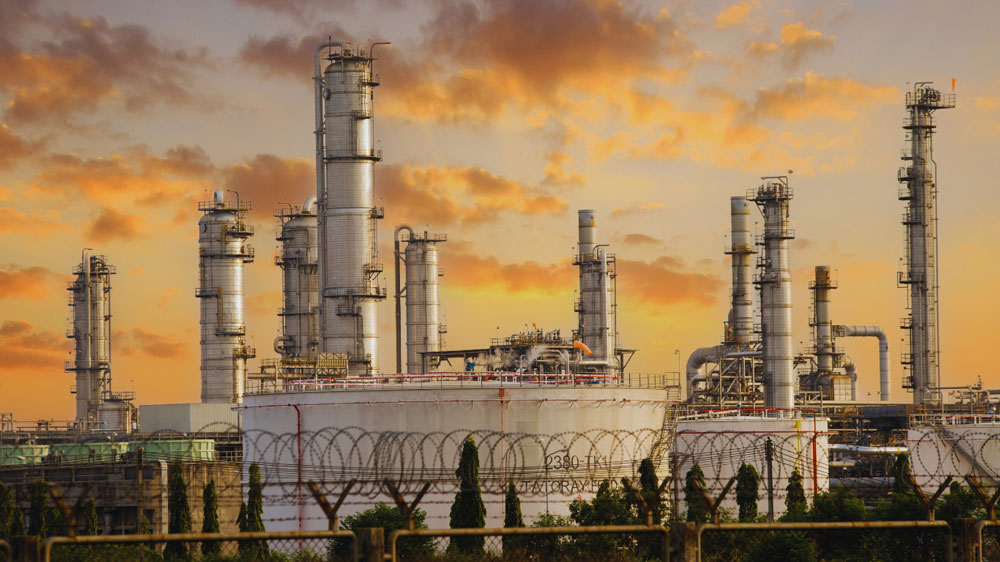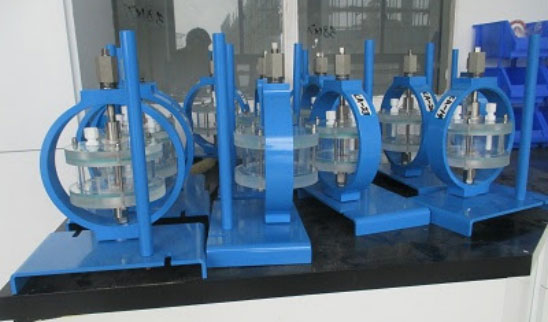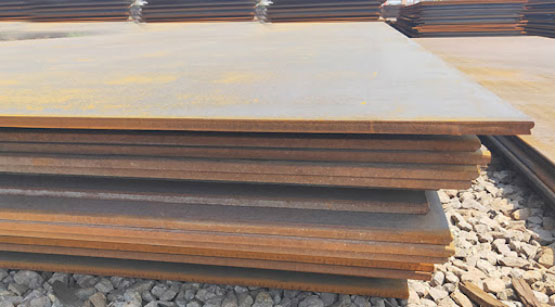When it comes to keeping oil and gas equipment running safely, managing corrosion is a top priority. Corrosion doesn’t just eat away at metal—it can cause cracks, leaks, and even complete equipment failure if left unchecked. Today, we’re diving into three common types of corrosion in the oil and gas industry: Hydrogen Induced Cracking (HIC), Sulfide Stress Cracking (SSC), and Intergranular Corrosion (IGC). Along the way, we’ll look at real-world examples of these issues and some essential tests that keep equipment safe and sound.

As energy production ramps up, especially in sulfur-heavy environments, corrosion is becoming an increasing concern for oil storage tanks, pipelines, and other equipment. Hydrogen sulfide (H2S) found in crude oil can lead to blistering, cracking, and even structural failure if not properly addressed. Thankfully, the right testing and corrosion-resistant steel can prevent these issues before they start.
Sulfur-rich environments bring specific corrosion risks that can seriously weaken steel. Here’s a look at the most common culprits:
· Hydrogen Blistering: Hydrogen atoms seep into the steel and create pockets at weak spots, causing visible bulging or “blistering.”
· Hydrogen Induced Cracking (HIC): As blisters grow and connect, they form cracks in the metal. This process weakens the steel’s structure, increasing the risk of failure.
· Sulfide Stress Cracking (SSC): Hydrogen atoms can cause cracking in high-stress areas, like welds or hardened zones, especially under high pressure.
· Stress-Oriented Hydrogen Induced Cracking (SOHIC): This type of cracking is driven by stress and often appears in high-stress zones, like around welds, where impurities can further amplify the damage.

Hydrogen Blistering & Cracking
To ensure our steel products can withstand harsh environments, steel plates ought to withstand corrosion tests:
HIC Test: Measures resistance to hydrogen-induced cracking, following standards GB/T 8650-2015 and NACE TM0284-2016.
SSC Test: Assesses resistance to cracking under stress in H₂S environments, adhering to GB/T 4157-2017 and NACE TM0177-2016.
SOHIC Test: Focuses on high-stress areas to prevent stress-oriented hydrogen-induced cracking, using NACE TM0103-2003.
IGC and Hydrogen Embrittlement Testing: Further tests to guarantee resistance to intergranular corrosion and hydrogen embrittlement, critical for ensuring long-term durability and safety.

SSC Test
Our steel solutions, tailored specifically for oil and gas applications, include advanced grades like SA516Gr70 (HIC), A516, A537, and P460H, each offering unique properties:
A516 gr.70(ASTM A516): Known for its robustness in sour service environments, this steel offers excellent resistance to HIC and SSC. It is particularly effective in intermediate- and low-temperature service,providing outstanding toughness and durability.
A537 cl.1(ASTM A537): A high-strength, heat-treated alloy that excels in high-pressure and temperature conditions. This makes it perfect for manufacturing boilers, drums, pressure or steam piping, industrial thermal vessels, and heat exchangers. Its ability to withstand high pressure at different temperatures, coupled with its suitability for mechanical forming and welding, underlines its utility in pressure vessel applications.
P460NH(EN10028-3:2009): Offers a high yield strength that makes it ideal for high-pressure environments, maintaining structural integrity under severe conditions. This grade is especially suitable for equipment where high pressure and temperature resistance are required.
Our steel grades align with all kinds of international expectations, ensuring compatibility and reliability for global operations. This global standard compliance reinforces our commitment to providing high-quality, durable steel solutions that can withstand the rigors of oil and gas industry applications anywhere in the world.

By integrating rigorous testing with specialized steel grades, we provide the oil and gas industry with materials that ensure safety, reliability, and efficiency. Our steels are designed to withstand the toughest conditions, reducing the risk of corrosion-related failures and extending the lifespan of critical infrastructure.
Reach out to us today cumic@cumic.com to find out how high-quality, corrosion-resistant steel solutions can support your projects and safeguard your investments in the challenging environments of the oil and gas industry.